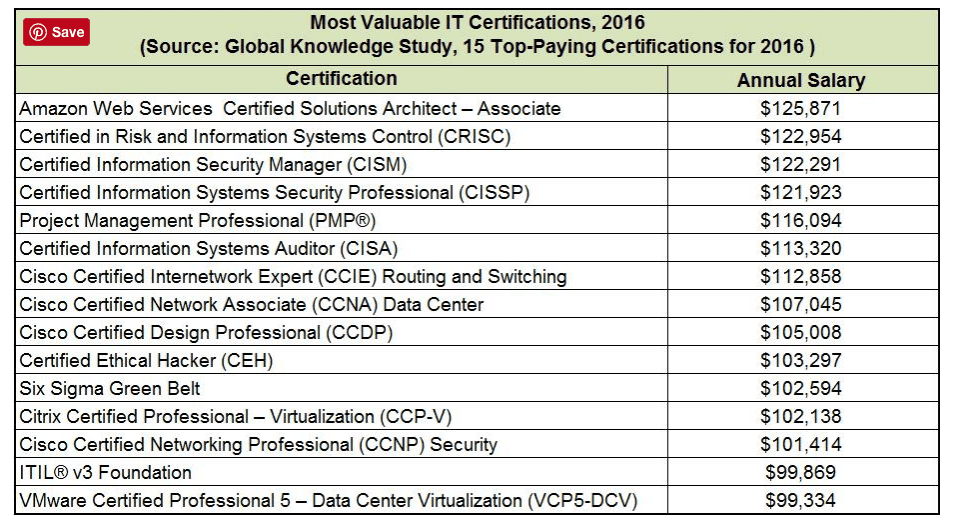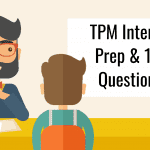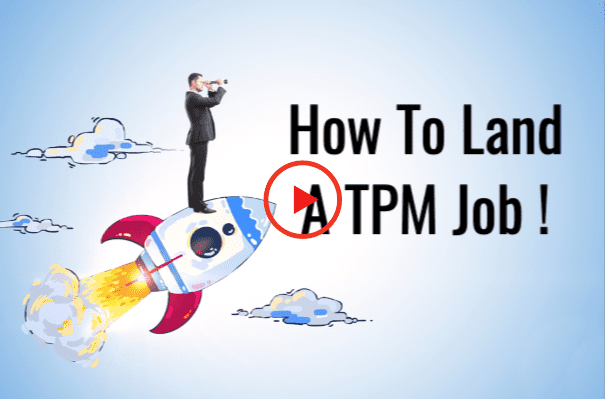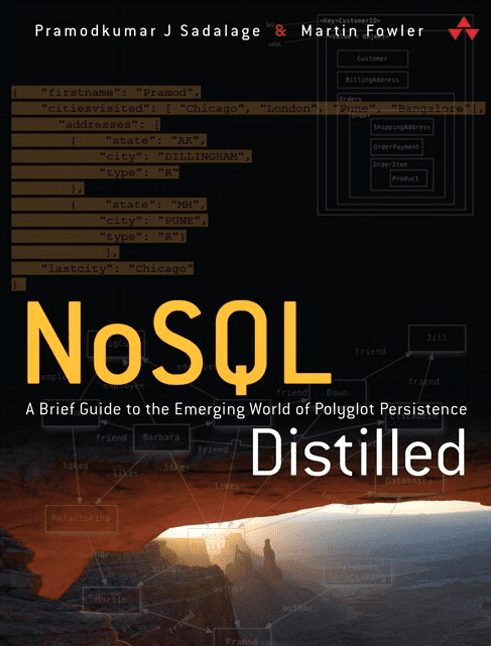Last updated on January 2nd, 2024 at 01:05 pm
The sheer number of certifications one can do is infinite.
Companies like Microsoft and Oracle alone have more than you could possibly count. From my first-hand experience, I could tell you both of these companies do not hold any value to these certifications when you interview with them. This means to say having a certification does not offer more than icing on the cake. At some point, I think that certifications started out as a business unit to get individuals trained and certified to promote each organization’s technology to get wider adoption.
The wider the adoption in turn gives the licensing companies to market to their prospective buyers that there are resources who can help them implement, use and customize these tools. Thereby the company stands to gain more money these companies make in licensing. But on the other hand, it is also a revenue-generating business unit with very high margins. Oracle for example has classes or workshops that are mandatory for all of its ERP certifications.
A workshop could run $2,000 to $3,000 with 15 students and one instructor you could see the profit how profitable it would be.
Anyway, at the end of the day do you think any of these certifications are worth it? It’s not only the question of money but it’s also time. I guess there are three ways to look at it. one
- How does a prospective employer view your certification
- What have you gained out of it
- How has it helped you to do your job better
From an employer perspective, it’s easier for one to evaluate especially if you’re looking to do one of these top-rated ones. The top-rated ones at least can be counted towards a significant milestone in your career as most of them are hard to achieve and have a considerable value among your peers.
Updated Resource: Top-paying-It Certifications
Still, the value this imparts is questionable from an employer standpoint. Recently when I attended some interviews and felt that no one really cared if you have a PMP or any other certification. All the hiring teams were looking for is can you do the job. Having certifications might get you through the gatekeepers and may be perceived as a prerequisite and give you the edge but not having it is really not a downside. There is also another aspect to this which depends on the organization you are joining. Does the organization you are trying to join live and die by prescribed methodologies. Are you joining a PMO? Then a PMP might come in handy. But otherwise, it all comes down to a lot of factors like the organizations you are targeting and the value they think it’s going to bring to the table.
http://www.forbes.com/sites/louiscolumbus/2016/02/21/15-top-paying-it-certifications-in-2016-aws-certified-solutions-architect-leads-at-125k/#4497dbe36702
Related: Technical Program Manager Certification













